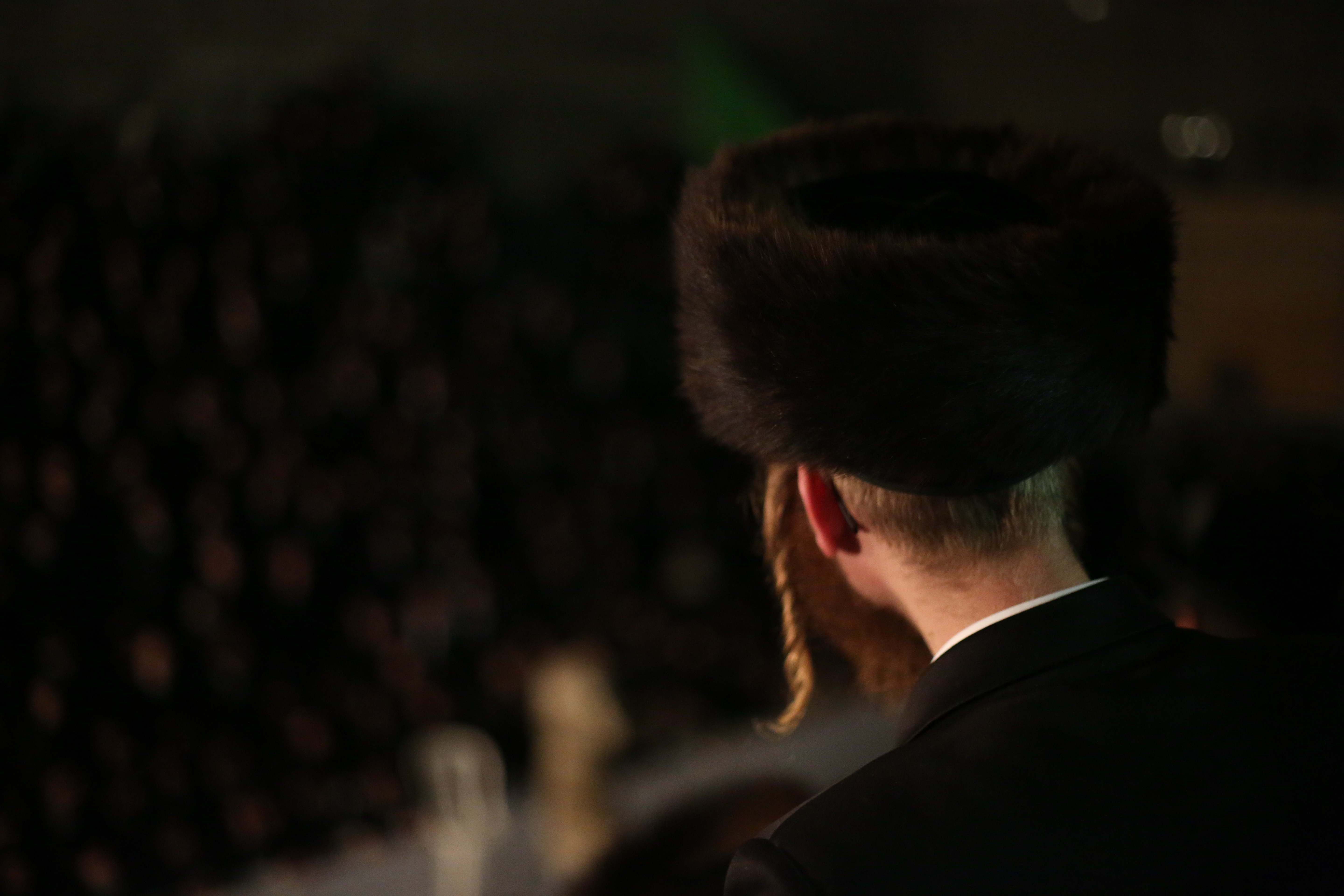The Gemara (Shabbos 10b) comments that Hashem said to Moshe Rabbeinu, “I have a wonderful gift in My storehouse named ‘Shabbos,’ and I wish to give it to Yisrael.”
Rabbi Shlomo Wolbe (HaMitzvos HaShekulos, p. 48) explains the meaning of this comment based on another passage in Berachos (33b), which tells us what Hashem keeps in His “storehouse.” The Gemara teaches, “The Almighty has in His storehouse nothing except a treasure of yiras Shamayim.” Hashem’s “storehouse” contains yiras Shamayim (fear of Heaven), and this, Rabbi Wolbe explains, is the great gift of Shabbos.
The word ירא , “fear,” is related to the shoresh (root) ראה , “to see,” and thus refers not only to the fear of G-d, but also to the experience of “seeing” G-d, meaning, sensing His presence. On Shabbos we receive a special “treasure” of yiras Shamayim, the ability to sense G-d’s presence and experience genuine fear of G-d in a more powerful way than we can during the workweek.

On this basis, Rabbi Wolbe explains the fascinating ruling of the Mishnah (Demai, Chapter 4). The Mishnah states that there are unlearned people who are presumed to be lax with regard to their tithing obligations, and thus generally speaking, one who buys produce from such people cannot trust their claim that the tithes were taken. The exception, however, is on Shabbos, when their claim can be believed, because, as the Mishnah explains, “the fear of Shabbos is upon him.” Since on Shabbos we are granted a special feeling of yiras Shamayim, we can assume that even those who aren’t generally trustworthy would not lie about the halachic status of their produce.
The question, however, arises: How do we reconcile this concept of eimas Shabbos, the special fear of Hashem that is experienced on Shabbos, with the requirement of oneg — to enjoy oneself on Shabbos? The verse instructs, v’karasa l’Shabbos oneg — we must proclaim Shabbos a day of “delight” (Yeshayah 58:13), and we indeed recite in our Shabbos prayers, Am mekadeshei shevi’i, kulam yisbe’u v’yisangu metuvecha — the observance of Shabbos entails rejoicing and enjoying ourselves. How can we fulfill this requirement if Shabbos is a day of a heightened sense of yiras Shamayim?
Rabbi Wolbe answers that Shabbos is mei’ein Olam Haba — an experience resembling in small measure the life in the Next World. The existence in Olam Haba is characterized by this very combination, the fusion between yirah and oneg.

The pasuk in Parashas Bechukosai states, “I shall walk among you, and I shall be G-d unto you” (Vayikra 26:12). Rashi explains the first part of the verse to mean that G-d will “stroll” with us in Gan Eden, whereas the second part emphasizes that we will still experience fear of Hashem, even as we “stroll” together. Rabbi Wolbe notes that Gan Eden is an experience where hata’anug v’ha’eimah b’yachad — there is no contradiction between the enjoyment of Hashem’s presence and sensing fear. In the Next World, we will both delight in our close relationship with Hashem, and experience fear.
On Shabbos, which is mei’ein Olam Haba, we are to experience both emotions: enjoyment and fear. We are given the special gift of closeness with Hashem, which leads us to feel both oneg and yirah. And as Shabbos is the mekor haberachah, the source of all blessing, this experience has the power to enhance our sense of yiras Shamayim throughout the entire week. We should, as much as possible, be aware of this special quality of Shabbos, and appreciate the special bond and closeness with G-d that we are able to forge on this special day, thereby experiencing in some small measure the great delight of Olam Haba.
———————————————–
Reproduced from Living Shabbos by Rabbi David Sutton
ArtScroll / Mesorah Publications Ltd. Reprinted with permission.





